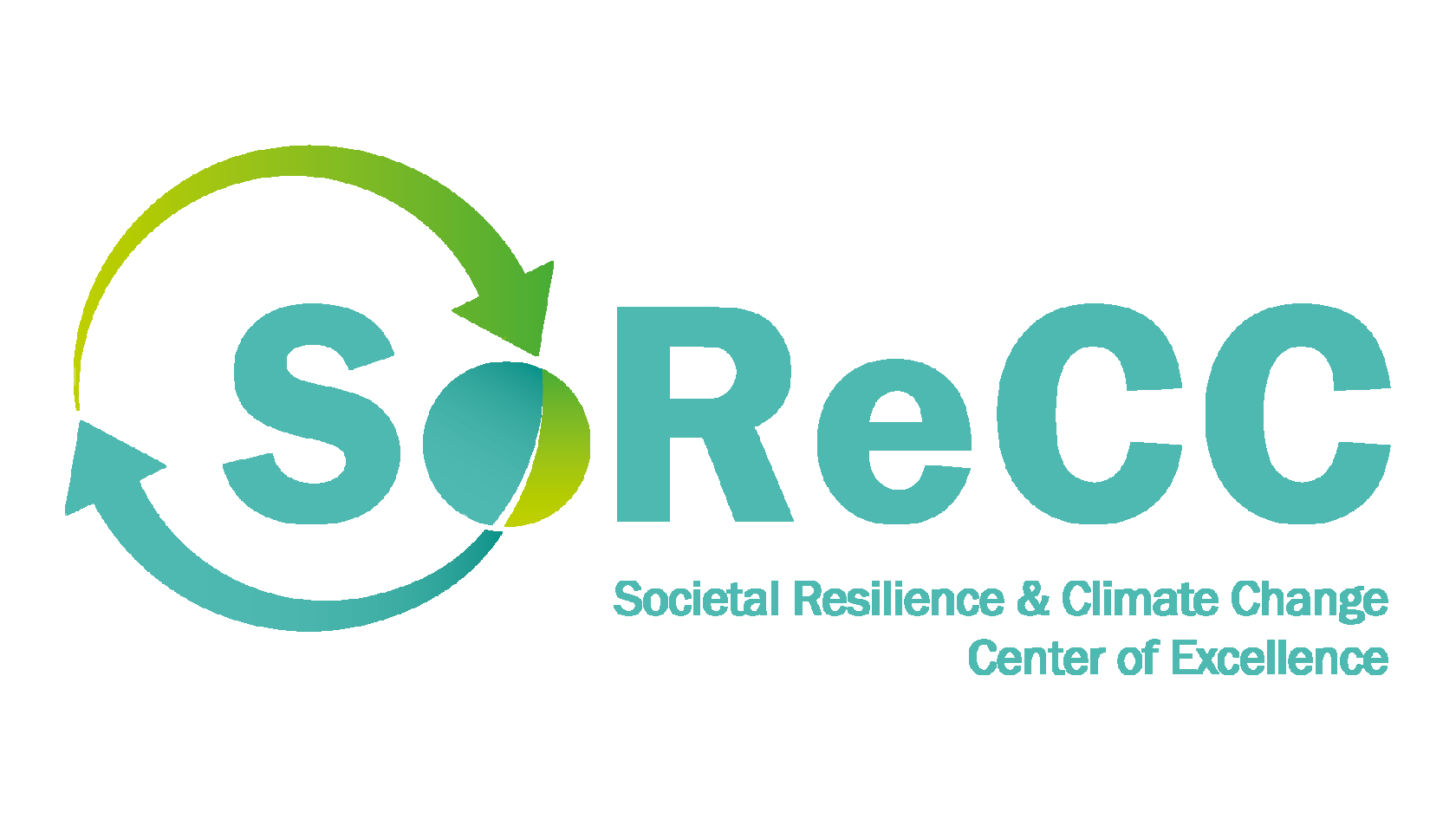Other cookies are configurable.
A. Malavazos-Siekierka
Mr. Malavazos-Siekierka joined the SoReCC ASBL team as a Critical Infrastructure Engineer, specializing in multi-hazard risk and resilience assessment.
He holds a M.Eng. degree in Civil Engineering with specialization in Structural Engineering (2020) and a M.Sc. degree in “Design and Analysis of Structures” (2023) both from the National Technical University of Athens.
Currently, he is a PhD candidate at the Institute of Steel Structures at the same university, focusing on the risk assessment of maritime and inland waterway ports and infrastructure, and he’s participating in EU-funded research projects. He is a Chartered Engineer since 2024 (member of the Technical Chamber of Greece) and speaks Greek, Polish, and English.
His research focuses on assessing the resilience of critical and non-critical waterways infrastructure to natural hazards. By integrating structural engineering, computational and probabilistic methods, he develops comprehensive frameworks to evaluate the performance and risk of this vital infrastructure under combined threats of extreme weather, earthquakes, water-level rise, and climate change. His work emphasizes the socio-economic ramifications for the surrounding communities and nations.
